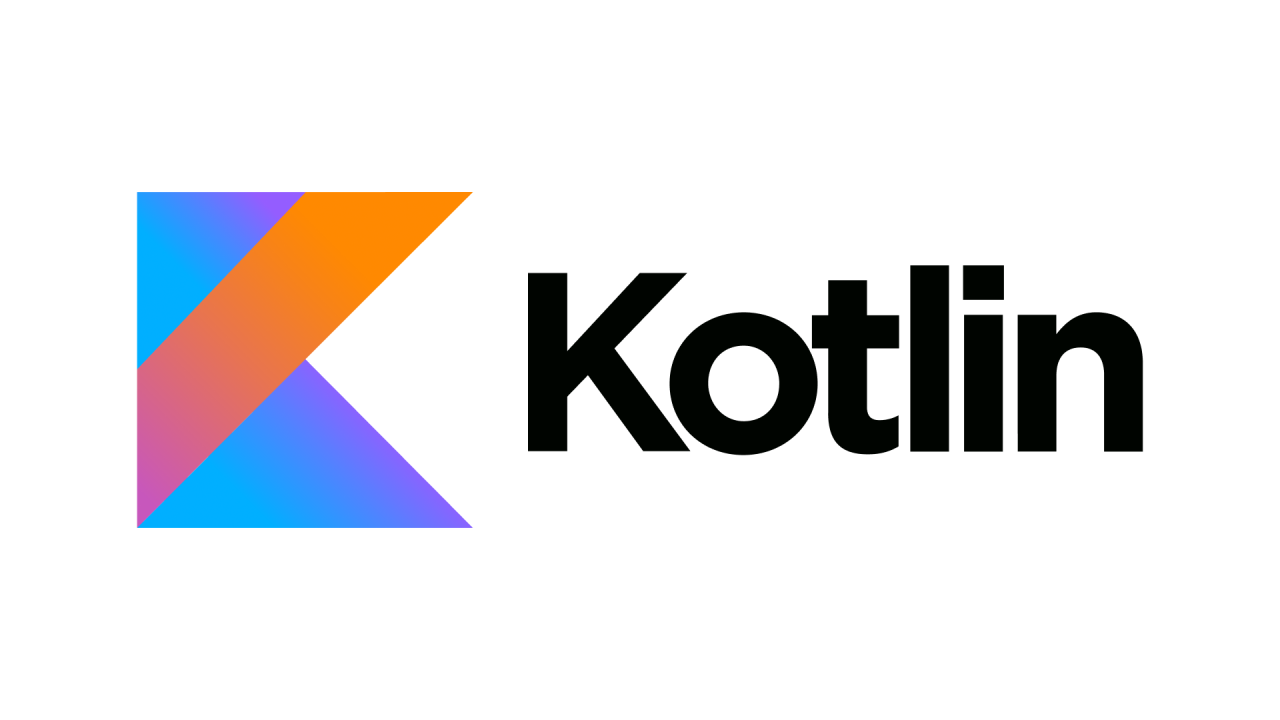Unveiling the Power of Kotlin: Crafting Efficient Code
Kotlin, often hailed as a modern programming language, goes beyond the conventional to offer a seamless blend of efficiency and expressiveness. As we embark on this journey, let’s delve into the intricacies of Kotlin and explore how it elevates the art of crafting code.
The Kotlin Advantage: Modernity and Versatility
Kotlin isn’t just a programming language; it’s a testament to modernity and versatility. Designed to be concise, expressive, and fully interoperable with existing Java code, Kotlin seamlessly integrates into various development ecosystems. It inherits the best from Java while introducing innovative features that simplify and enhance the coding experience.
Expressiveness at Its Core: Readable and Concise Code
One of Kotlin’s standout features is its expressiveness. The language is designed to minimize boilerplate code, allowing developers to express their intentions with clarity and brevity. Whether you’re defining data classes or leveraging extension functions, Kotlin encourages a style of coding that is both readable and concise.
Null Safety: A Paradigm Shift in Handling Null Values
Kotlin addresses the notorious null pointer exceptions with its built-in null safety features. The introduction of nullable and non-nullable types shifts the paradigm in handling null values. This enhancement not only boosts code reliability but also streamlines the development process by minimizing unexpected runtime crashes.
Coroutines: Simplifying Asynchronous Programming
In the era of asynchronous programming, Kotlin introduces coroutines – a powerful mechanism for handling concurrency. Coroutines simplify the complexity of asynchronous code by providing a structured and sequential approach. This feature enhances code readability and maintainability while ensuring efficient utilization of system resources.
Interoperability with Java: Seamless Integration
Kotlin’s interoperability with Java is a strategic advantage. Existing Java codebases can seamlessly incorporate Kotlin, allowing developers to leverage the strengths of both languages. This interoperability ensures a smooth transition for projects migrating to Kotlin and promotes a collaborative environment between Kotlin and Java developers.
Extension Functions: Tailoring Kotlin to Your Needs
Extension functions in Kotlin enable developers to extend the functionality of existing classes without modifying their source code. This flexibility allows for a more modular and adaptable codebase. Whether you’re enhancing library classes or customizing standard functions, extension functions empower developers to tailor Kotlin to their specific needs.
Android Development with Kotlin: A Preferred Choice
Kotlin has emerged as the preferred language for Android app development. Its concise syntax, null safety features, and interoperability with Java make it an ideal choice for crafting efficient and robust Android applications. The Android development community widely embraces Kotlin for its modern approach and developer-friendly features.
Resources for Kotlin Mastery
For those eager to dive into the world of Kotlin, Kotlin Language serves as a centralized hub of resources, tutorials, and certifications. This curated collection equips developers with the tools and knowledge to master Kotlin and elevate their coding expertise.
Crafting the Future with Kotlin
In the ever-evolving landscape of programming languages, Kotlin stands out as a beacon of efficiency and expressiveness. Whether you’re a seasoned developer or a coding enthusiast, embracing Kotlin opens doors to a world where crafting efficient and expressive code becomes second nature. Explore the nuances of Kotlin, harness its capabilities, and let your coding journey be a masterpiece of modern programming.


